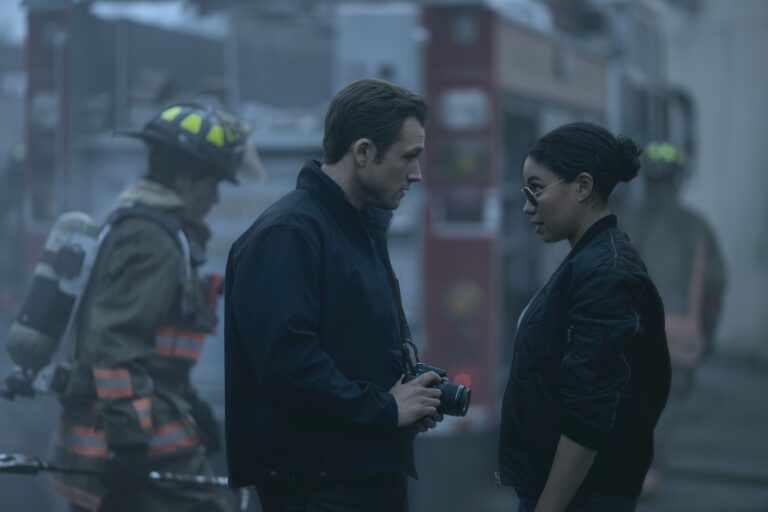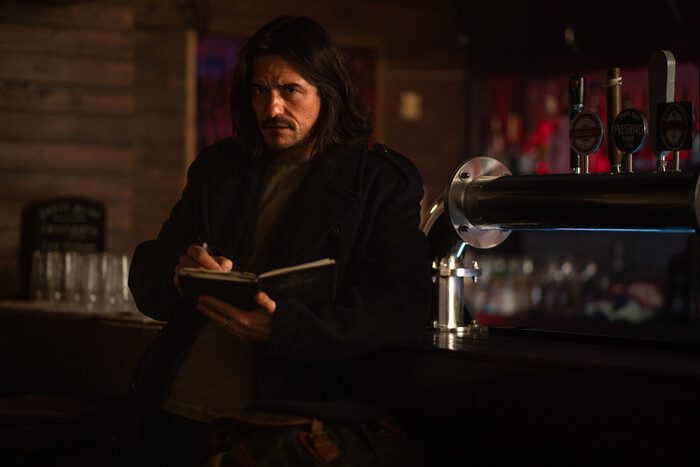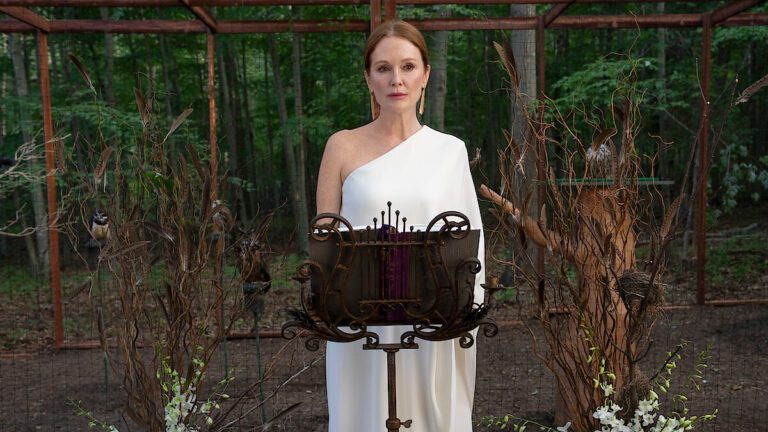As an art form, acting is often viewed as a personal endeavor. However, there’s a great deal of teamwork and collective effort that goes into every successful performance. Whether you’re in the theater or on screen, each actor’s effort is only a small part of the creative process that creates a captivating story. It takes many people working together to bring any script to life from production concept to reality.
Insights: Tips for Collaboration in Acting
- Embrace teamwork by valuing input from others in the production to enhance creativity and performance quality.
- Cultivate team player traits like respect and dependability to contribute to the project’s collective success.
- Collaborate closely with the director, stage manager and design teams to create a cohesive and compelling production.
Thinking about joining Casting Networks? Sign up for a free trial today!
The Power of Collaboration in Acting
The power of collaboration in acting is an undeniable part of the creative practice. Working together as a team can create an atmosphere of trust and camaraderie that facilitates creativity and inspires great performances. Actors who understand the importance of working collaboratively will reap the rewards and produce superior work.
Collaborative acting involves more than just memorizing lines in real time for the aspects of drama. It requires actors to come together in mutual support, listening to each other’s ideas and building off one another’s creative energy. Not only does this collaborative process help actors develop better characters, but it also encourages them to be daring with their choices and take risks that might otherwise not have been considered. In addition, collaborative acting allows for more authentic performances because actors are able to draw from real-life experiences shared by others on set.
What Makes a Good Team Player?
Acting is an integral part of a cohesive unit. A good team member contributes to the overall success of their peers, as well as their own success. To do this, a team player needs to be equipped with certain qualities and have actions that help create an effective working environment. That means putting collaboration over competition.
These qualities are largely based on the ability to act in ways beneficial for both their teammates and themselves. This means displaying mutual respect, being dependable, offering assistance when needed, providing constructive criticism when appropriate and being open to guidance from other members of the group. It also requires taking responsibility for one’s mistakes and successes alike while actively participating in all tasks at hand. Such actions will help ensure everyone is on board with the same goal — striving toward success together as a unified group instead of individuals fighting it out alone.
The above applies to both acting and the work environment in general. You’re working with more than just actors. You also must consider the entire production team (it’s their creative practice, too). Let’s break it down.
How to Collaborate With the Entire Production Team
One of the most important team members in any production is the director. The director is responsible for interpreting the script and bringing it to life on stage or screen. They work closely with the actors to help them understand their characters and bring them to life believably and compellingly. In essence, the director is the boss.
Another important team member is the stage manager. They’re responsible for coordinating all aspects of the production, from rehearsals to performances. This includes coordinating the movement of actors, props, set pieces and making sure that everything runs smoothly during the performance.
The costume and set designers are also crucial to the production. Their job is to create the visual elements of the production, such as costumes, sets and props. These elements are essential in helping the audience to understand and engage with the story being told.
Of course, let’s not forget the lighting and sound design crew who create the atmosphere and mood of the production. The lighting and sound design team helps the audience understand the emotions of the characters.
While many think that acting is a solo job, it requires the hard work and dedication of both the actor and the entire production team to bring their visions to life. The director has a responsibility to guide, motivate and inspire the actor, while the actor must be willing to open up and trust in their fellow cast and crew members. They’re all working together towards a common goal — to create something meaningful that resonates with audiences around the world.
You may also like:














